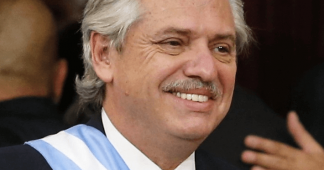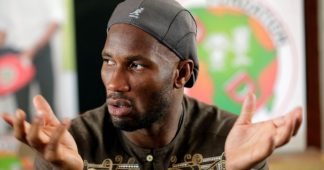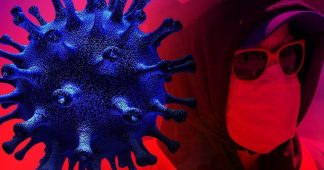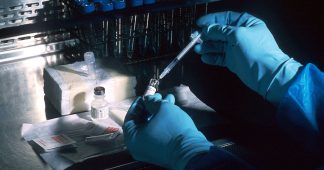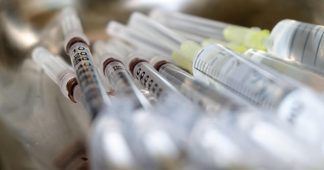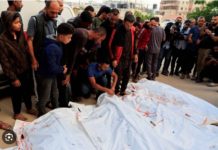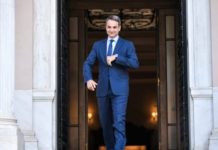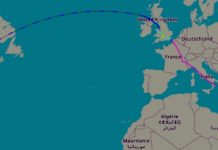By Anita Powell
January 28, 2021
JOHANNESBURG – African officials say they are working to acquire hundreds of millions of vaccine doses for the continent over the next year and are urging African solidarity in the battle against coronavirus.
Africa has seen 3.4 million confirmed cases since the virus arrived last February. Since then, Dr. John Nkengasong, a Cameroonian virologist, director of the Africa Centres for Disease Control and Prevention (Africa CDC), says health facilities across the vast continent have conducted 30 million tests — the bulk of them in 10 countries, including South Africa, the continent’s coronavirus hotspot.
Ethiopia, Nigeria, Kenya, Zambia and Uganda also conducted tests.
Just under 500 labs across the continent are participating in testing. Nkengasong named four countries that have recently begun vaccinations: Morocco, Egypt, the Seychelles and Guinea.
But Nkengasong noted that much more needs to be done. He added that the private sector is also pitching in, with telecom giant MTN this week donating $25 million to the African Union’s (AU) efforts to secure vaccines for the continent’s 3 million health care workers.
“That is a great initiative,” he told journalists on Thursday, speaking from AU headquarters in Addis Ababa. “It speaks to the power of partnership and what the private sector can do to step up to the plate and do that. We call on other parties, other private-sector [parties] to step up and work with us, so we can continue to fight this pandemic, especially with vaccines.”
Vaccines, Nkengasong stressed, are his top priority. In addition to the AU’s efforts with American and British pharmaceutical companies, he said the AU has signed confidential disclosures with Russian, Chinese and Cuban vaccine producers to look into whether those products will work.
One question that has also plagued African health officials, especially in South Africa, is whether the existing approved vaccines can work on the very contagious 501.V2 variant, which was reported in South Africa
Dr. Salim Abdool Karim, head of South Africa’s coronavirus task force, told state television he is hopeful.
“If I was to speculate and guess, I would estimate that it’s quite likely that the vaccine will work, given that the other vaccines work against this variant,” he said.
Nkengasong also questioned the effectiveness of blanket travel bans from certain countries. Earlier this week, U.S. President Joe Biden announced a ban on travelers from South Africa because of the 501.V2 variant.
“We should not be banning people because of their geographic origin, but we should be encouraging people to travel with a negative test,” Nkengasong said. … “And if we do that, we have a common and standardized policy with traveling with a negative test, then the issue of being more specific with a variant is off the table.”
The Cameroonian virologist also broke from COVID-19 talk for a moment to evoke the memory of former Tanzanian president Julius Nyerere, South Africa’s first Black president Nelson Mandela and Ethiopian Emperor Haile Selassie — three of the continent’s leading lights — in calling for African unity and self-sufficiency.
“If we do not fight this as a collective of a continent,” he said, “we will be doomed.”
Published at www.voanews.com
